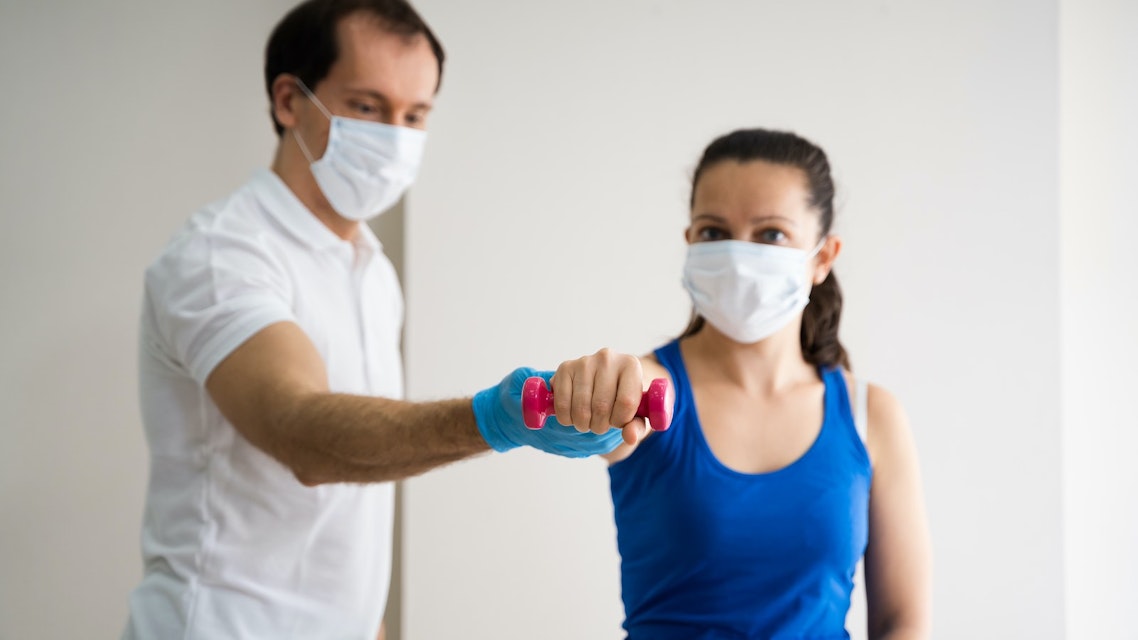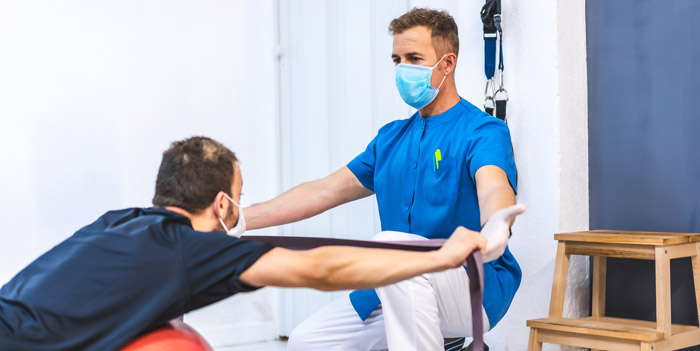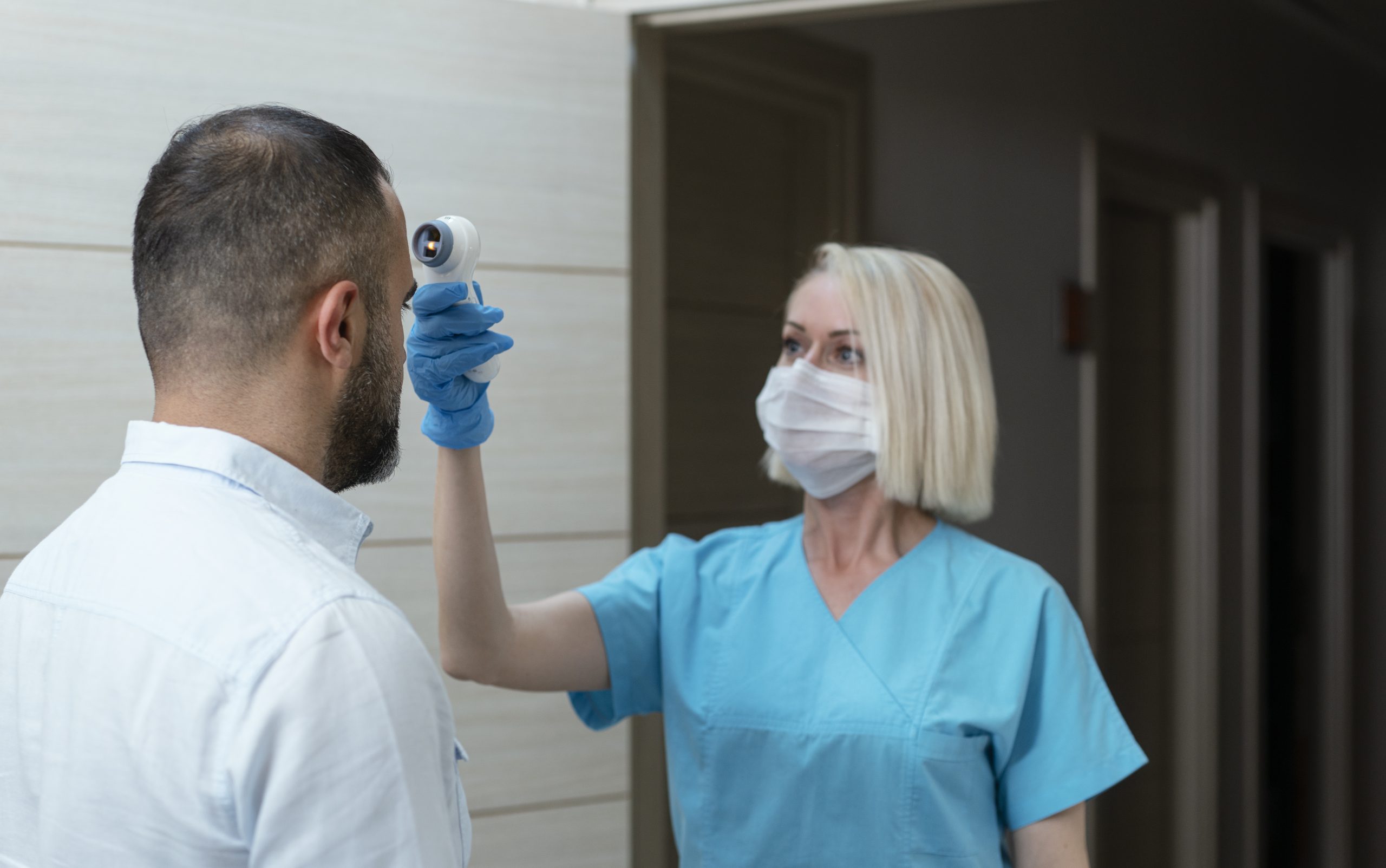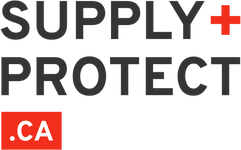Guide to physiotherapy businesses during the pandemic

Introduction
During 2020, it felt like the universe was on pause. Businesses from retail, food and beverage, personal service to the allied health community all faced numerous obstacles during these unprecedented times.
Not only did this negatively affect business owners, but those who support them in their community. Many individuals rely on their allied health care workers for services and treatments imperative to their health.
Canadians see physiotherapy as a hugely beneficial treatment to help restore movement and function in any area that has been affected due to an injury, disability or age. A well-trained, experienced physiotherapist can provide treatment that will support, maintain and manage good health.
Despite the benefits of physiotherapy, many individuals who require frequent treatment are apprehensive about attending their appointments due to the COVID-19 pandemic. Some wonder if it's safe and responsible to visit their clinic, what protocol the clinic has implemented to reduce the risk of infection, and many don't know if clinics are considered an essential service and open to patients.

Is physiotherapy open in Ontario?
As of Thursday, January 14, 2021, the Chief Medical Officer of Health declared the second provincial emergency order in the province of Ontario due to the increase of COVID-19 cases that have significantly impacted the health system and its capacity.
This emergency order asks everyone to remain at home and only go out for essential reasons.
What is considered essential under Ontario's emergency order?
- Going to the grocery store;
- Going to the pharmacy;
- Attending health care service appointments (this includes physiotherapy treatment);
- Social distanced exercise; and
- Essential work.
Fortunately, patients can still visit physiotherapy clinics and services. All clinics may remain open for in-person appointments while maintaining restrictions for physical distancing.
Update on Personal Protective Equipment
The most commonly asked question between physiotherapy clinics is, "Can the CPA provide access to Personal Protective Equipment (PPE)?
The answer, unfortunately, is no. The Canadian Physiotherapy Association cannot grant access to resources physiotherapy clinics require. Although the CPA cannot provide clinics with the required PPE, companies like Supply + Protect Inc. have stepped up to accommodate allied health facilities.
Personal Protective Equipment (PPE) physiotherapy clinics need:
- Gloves
- Protective clothing such as gowns
- Surgical and procedural masks
- N95 masks
- Eye protection and face shields

Provincial Clinic Reopening Guidelines
A physiotherapist's work requires direct physical contact with their patients. For this reason, it can become difficult to adhere to the Public Health's recommendations of social distancing. The Canadian Physiotherapy Association has suggested that the physiotherapy community only serve patients with urgent needs.
It is strongly recommended that any patients who can be serviced virtually as an alternative to in-person visits do so. This is to respect our Public Health authorities.
Infection control measures to follow within the clinic
Some everyday actions that can slow down the spread of the COVID-19 virus include:
- Ensure there is enough accessible personal protective equipment for staff.
- Eliminate the use of common area waiting rooms if possible.
- Avoid physical contact with people who are sick or suspect to be sick.
- Stay home if you feel unwell.
- It is encouraged to cover your cough or sneeze with a tissue or into your elbow.
- Avoid touching your face with unwashed hands- eyes, nose and mouth.
- Clean and sanitize the clinic, especially frequently touched objects such as doorknobs and desks.
- Ensure staff have opportunities to take breaks.
- Stay up to date on guidelines put forth by the federal government.
- Remain calm.

Patients attending the clinic should comply with screening over the phone and upon arrival of their appointment.
Questions to ask the patient should be about:
- Recent international travel.
- Recent contact with an individual with confirmed Covid-19.
- Recent contact with an individual who suspects to have Covid-19.
- If they experience flu-like symptoms such as fever, cough, headache, sore throat or shortness of breath.
If they have answered yes to any of the above questions, then:
- Ask patients to reschedule their appointments if they are experiencing any flu-like symptoms.
- Encourage patients to sanitize their hands when they arrive and when they leave. Have anti-bacterial hand sanitizers available throughout the clinic. Use signs to remind visitors.
- Ensure patients maintain the use of their masks at all times.
Things to consider for telehealth services as an alternative to in-person visitations:
- Is the alternative appropriate based on the patient's needs, or is an in-person visit be required?
- Is the patient's physical condition treatable over the phone?
- Is there a plan in place to handle potential medical emergencies, technological difficulties and environmental factors?
- Is the patient comfortable and has given consent to telerehabilitation services as an alternative to in-person treatment
The doctor should discuss the difference between in-person and telehealth, covering topics like privacy and confidentiality.
Each physiotherapist clinic should establish infection prevention guidelines that work best to ensure a safe and comfortable experience.
Conclusion
Physiotherapy is an essential service in Canada. Clinics can remain open to provide patients with the rehabilitation they require to improve mobility, reduce discomfort and pain, and hinder their daily activities.
The Canadian Physiotherapy Association has made it their responsibility to ensure any clinic that decides to operate during COVID-19 has guidelines to ensure the safety of employees and patients visiting.
Despite clinics not being eligible to receive grants for personal protective equipment, many online marketplaces have stepped up to support allied health practices. Companies like Supply + Protect Inc have a mission to provide PPE to the allied health community that is certified and Canadian made all for a fair price.
Understanding the measures that clinics are undertaking to provide safe procedures, would you visit your local physiotherapist right now during a pandemic?

